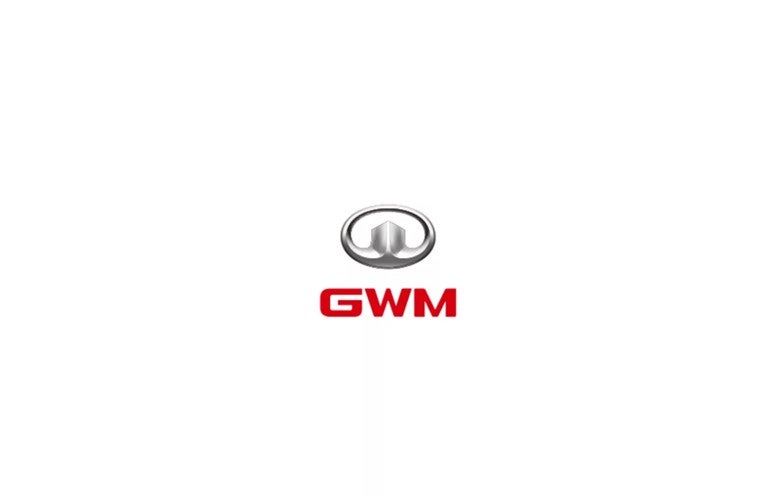
Chinese automaker Great Wall Motors (GWM) has said that its rival BYD is failing its hybrid emissions tests, in a dispute that has become public on Chinese social media.
BYD – the country’s largest electric vehicle manufacturer – strongly refuted the claims and has threatened legal action. It is rare for automakers to take such public swipes at rivals.

Discover B2B Marketing That Performs
Combine business intelligence and editorial excellence to reach engaged professionals across 36 leading media platforms.
The claims were posted on GWM’s official WeChat account, and detailed that it had submitted documents in April to three government ministries and regulators.
The documents alleged that BYD had failed to meet pollutant emissions standards in two of its best-selling plug-in hybrid models, the Qin Plus and Song Plus.
In a statement published by Reuters, BYD denied the claims. “We firmly oppose any kind of unfair competitive behaviour and reserve the right to sue,” BYD said in the reported statement.
“We hope everyone will act in a way that is beneficial to the industry and Chinese brands,” BYD continued. “The development of the new energy (vehicle) business has not been easy.”
GWM said that BYD uses non-pressurised fuel tanks in the two hybrid models. The implication is that these gas tanks let the fuel evaporate faster than would be the case in a pressurised equivalent.
Pressurised tanks are designed to limit the evaporation of gasoline and meet regulatory standards for the gasoline-based fumes that vehicles emit – including from evaporation.






